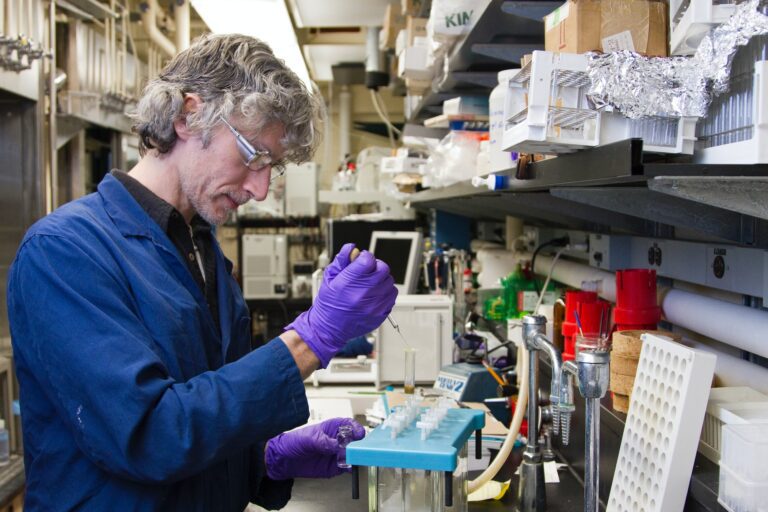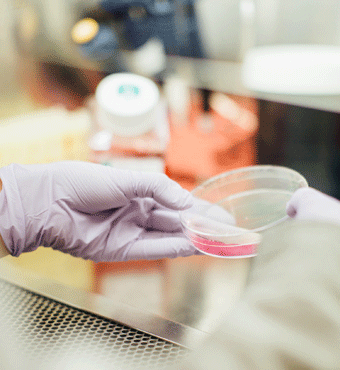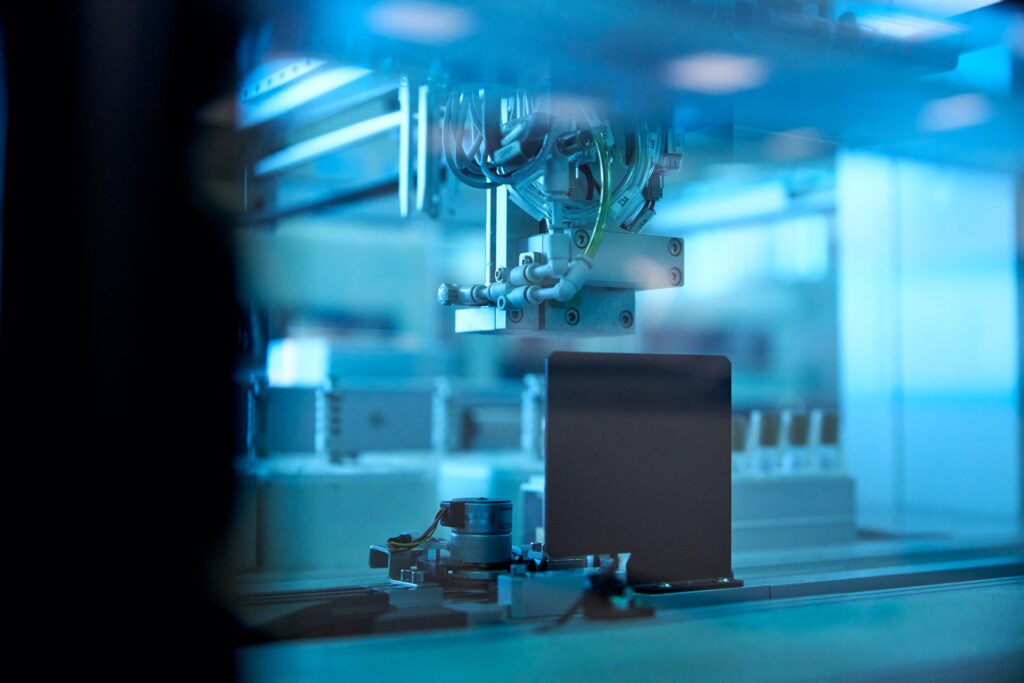Life Sciences

In today’s constantly evolving and dynamic environment, it is crucial for life science organizations to remain up to date with the latest trends and innovations. With the rapid advancements in technology, it has become imperative to understand these changes in order to make well informed decisions about their operations and stratagies.
In the pharmaceutical and biotechnology industry, organizations are taking significant steps to embrace innovation across all facets of their work to develop new drugs, manage supply chains, and improve their manufacturing processes. One of the most significant technological advancements that have revolutionized the industry is the implementation of AI solutions. AI has enabled quick and efficient analysis of large datasets and has shown great potential in drug design and development, clinical trial management, population health management, and diagnostics.
With the growing demand for increased efficiency, accuracy, and reduced costs in the industry, AI technology solutions have become essential for life science organizations. Furthermore, AI-driven solutions can substantially improve patient care by providing physicians with deeper insights into their treatments. Therefore, it is crucial to recognize the significance of AI in the life science industry and stay ahead of the curve to ensure optimal outcomes.
In today’s rapidly advancing technology landscape, wearable technology has emerged as a critical tool in the healthcare industry, indeed, strides in wearable tech are helping to change the healthcare landscape. These advancements are making a significant contribution to patient care and are offering a wide array of healthcare services that have never before been available.
One of the most significant benefits of wearables is that they allow patients to take a more proactive approach to their health by using devices like fitness trackers or smartwatches to monitor their daily activity levels, vital signs, and medication adherence. This new wave of patient engagement is helping people live healthier, more active lives, and providing invaluable data to healthcare professionals.
In addition to helping patients monitor their health, wearable technology is also being used to advance drug targeting and enhance patient outcomes. The data collected from these devices is being leveraged to improve drug development and increase the efficiency of drug delivery.
It’s not just wearables that are transforming healthcare. Robotics is also making significant strides in the industry, with various systems being used to reduce operational costs, improve accuracy, and increase efficiency.
As the cost and accessibility of wearable technology continue to improve, we can expect to see even more growth in this exciting field, leading to unprecedented advances in healthcare delivery and patient care.




In today’s world, with an abundance of data being produced and manipulated, it is of utmost importance to have clear and enforced rules and standards that cater to diverse and complex needs. Fortunately, the KaiKetsi solution, which comes with a granular compliance engine, robust control, concise auditing, and monitoring features, is an ideal fit into this new and changing landscape. Its flexibility ensures it can easily handle any changes and increases in the business.
Leveraging the latest technology can help life science organizations remain competitive and stay ahead of the curve. This will enable them to optimize their operational processes, gain greater insight into the industry, and develop more efficient solutions for their customers. This is why it is crucial for life science companies to keep up with the latest advancements in technology.
News:
The technology imperative for life sciences companies | McKinsey
Covid-19 impact a wake-up call for the life sciences industry (infosys.com)
